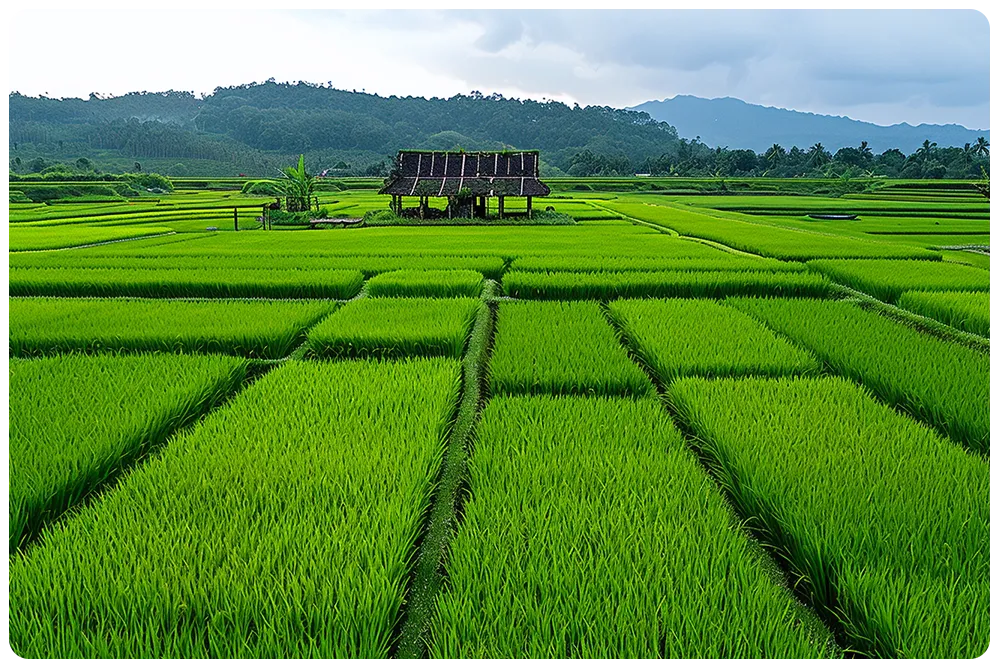Explore insightful tips on what to consider in a drone farming contract. Select the right data provider for effective agricultural drone technology deployment.
Welcome to Drone Farm
We offer a comprehensive range of agricultural drone services. With years of experience, we’ve harnessed our expertise to deliver high-quality services to our clients. Our team provides full support at every stage. Choose us for top-tier Drone Farming experiences!

Contents
- 1. What services does the contract cover
- 2. Define precision farming and drone use
- 3. Check the protocol for drone maintenance
- 4. Contract termination conditions clarified
- 5. Assess contract length and renewal terms
- 6. Does the contract include insurance coverage
- 7. Understand data handling and privacy terms
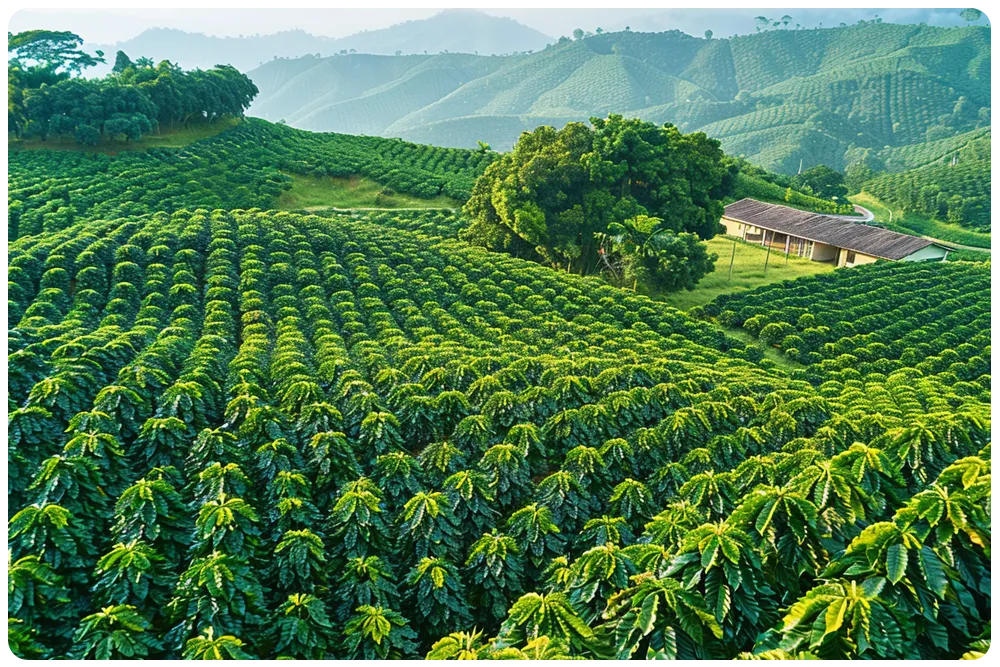
1. What services does the contract cover
Welcome to the hub of agricultural drone technology. Here, we delve into its multifaceted applications, advanced farm management strategies, and its pivotal role in boosting agricultural productivity.Choosing the ideal drone farming provider can seem a daunting task, but fret not, in this comprehensive guide, we enlighten you on what to scrutinize while browsing through drone farming contracts.
What Services does the Contract Cover?
Understanding the scope of drone farming services in the agreement is crucial. Most providers should offer the following:- Crop Monitoring: The drone should have highly advanced sensors to capture real-time data on crop health, and identify potential problems such as pest infestations or signs of disease. This timely information is key to implementing necessary corrective measures to safeguard your yield.
- Field Analysis: A suitable drone can provide topographical maps and 3D representation of your farm, offering valuable insights into better cultivation strategies, irrigation planning, and optimized planting patterns.
- Data Processing: Not only does the drone gather critical data, but it should also analyze this information and present actionable insights.
- Aerial Imaging: Opt for a drone that can capture high-resolution aerial images, crucial for a bird’s-eye view of your field’s conditions and progress.
2. Define precision farming and drone use
Precision Farming and Drone Utilization
Precision farming, also referred to as precision agriculture, is a revolutionary approach to modern farming that applies technology to increase the quality and yield of crops. Encompassing various applications, precision farming, with the help of drone technology, has transformed the management and efficiency of farm operations.Particularly, the past decade has observed a surge in the adoption of drone technology in agriculture. Leveraging aerial abilities, a drone can perform numerous essential tasks that optimize crop production and improve field management strategies.Benefits of Drone Use in Precision Farming
- Efficient Crop Monitoring: Drones provide real-time, precise, and high-resolution imagery, enabling farmers to monitor crop growth regularly. This capability enhances timely detection and mitigation of potential issues like pest infestation and diseases.
- Improved Field Analysis: Drones equipped with advanced sensors can perform detailed topographic and soil analysis, providing valuable data for efficient irrigation, fertilizer application, and planning seeding patterns.
- Accurate Disease Identification: Drones can detect signs of crop illnesses not visible to the naked eye. With spectral imaging, a drone can identify diseased plants and trigger timely corrective measures, minimizing crop loss and enhancing yield.
Choosing the Right Drone Farming Provider
Implementing agricultural drone technology requires partnering with a reliable provider with expertise in drone technology and farming operations. Considerations when choosing your provider include experience, technological capabilities, and after-sales services.When assessing a provider, ask about the drone’s flight capacity, payload, and data processing abilities. Will the drone be able to cover your farm’s size and terrain? Are the embedded sensors suitable for your farming needs? Can the provider offer training and maintenance services?What to Look for in a Drone Farming Contract
Before signing a drone farming contract, ensure it includes all terms and conditions regarding equipment purchase, after-sales services, and warranties. Validate if the contract covers training programs for your team, regular maintenance service, and parts replacement policies. The contract should also state clear rules on data ownership, usage, and protection, as the collected farming data is a valuable asset.In embracing agricultural drone technology, it’s essential to secure the right partnership and a comprehensive contract that safeguard your farm’s operations and data. The agriculture drone revolutionizes farming operations, creating a sustainable future for farmers.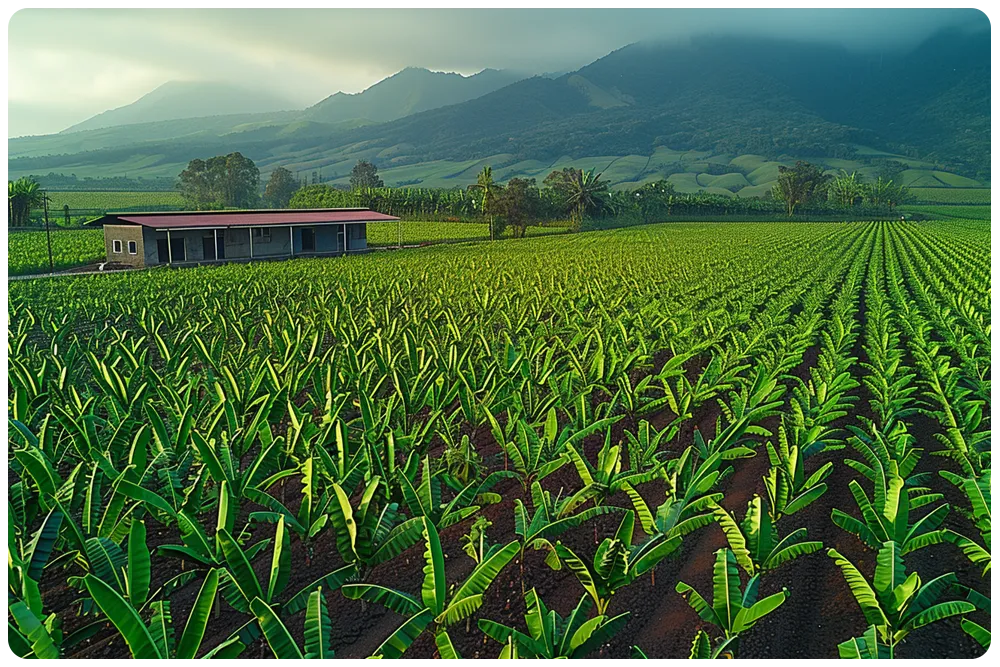
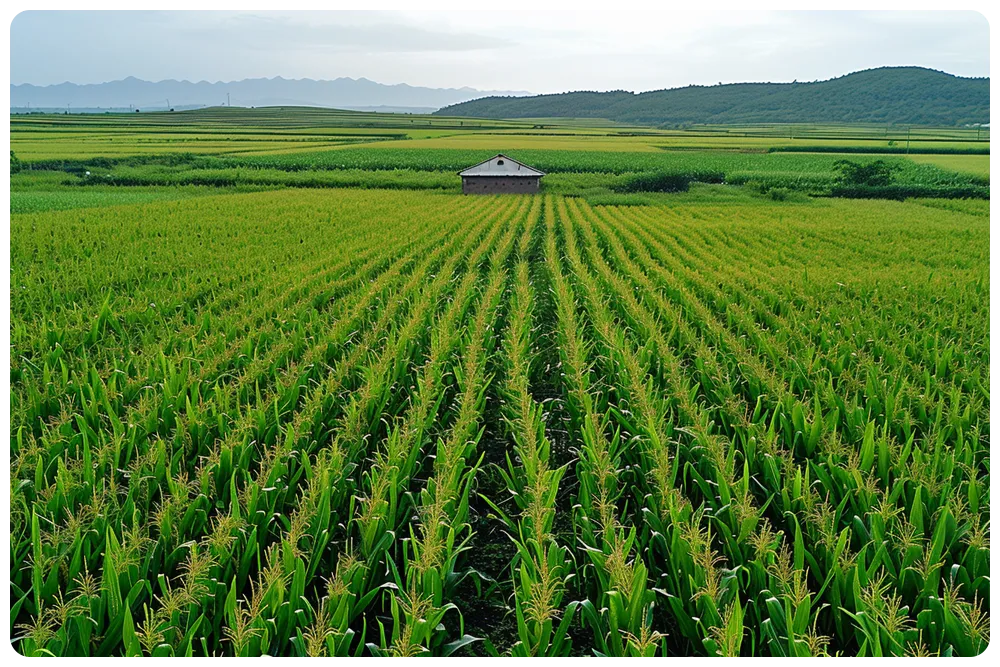
3. Check the protocol for drone maintenance
As the agricultural sector continues to adopt advanced technology, the instrumental role played by the drone remains undeniable. It revolutionizes the way we manage crops, enhancing efficiency and productivity. However, it’s vital to understand the fundamentals of drone maintenance as a critical aspect of choosing a reliable drone farming provider. This resource thusly aims to streamline farm management operations by offering meticulous insights into drone maintenance protocols and factors to consider in drone farming contracts that ensure maximum benefit.
Understanding Drone Maintenance
Even with top-tier drone technology, proper maintenance is core to optimal functionality and longevity. Essential processes in drone maintenance include:
Implementing the above procedures not only guarantees the drone’s effective operation but also minimizes the chances of unexpected mechanical faults that could hinder farming activities.
Essential Components of a Drone Farming Contract
In selecting a drone farming provider, it’s critical to keenly assess their contracts. A well-defined contract essentially covers details such as:
Understanding and leveraging these two domains ensures efficient agricultural drone usage, leading to enhanced agricultural yield and operations.
4. Contract termination conditions clarified
Key Considerations for Unraveling the Conditions Behind Contract Termination with Drone Farming Providers
Understanding contract termination conditions when partnering with a drone farming provider is crucial. It helps landowners avoid unforeseen struggles and ensure the smooth running of their agricultural practices. Here, we shall delve into the fundamental aspects to bear in mind as you discern the path towards choosing the right contract.
First, consider the contract duration. Whether it extends over months or years, a clear comprehension of its lifespan is essential. The duration mentioned in the agreement implies the utilization of the drone for that particular period. If the set period doesn’t align with your farming cycles, consider renegotiating or looking for other providers.
- Price and Payment Terms
Understanding the total cost, as well as the payment terms in your contract, is crucial. Drill down to factors like the upfront cost, installation charges, operating cost, maintenance expenses, and any other hidden fees. Scrutinize all clauses and don’t hesitate to raise queries regarding ambiguous charges.
- Termination Clauses // Here you could add any template, for example to provide an option to add more topics to the list if necessary, remember the template must be enclosed by template tags.
Knowing your exit routes is important. Contracts usually outline the termination conditions under certain circumstances. These might include dissatisfaction with service, overpricing, inadequate support, and more.
Ultimately, choosing the right drone farming provider involves careful evaluation of their contract terms. By understanding the fine print regarding contract termination conditions, you can set your farm operations on a path of success and ensure that the drone technology is a boon, not a bane, to your agricultural endeavours. Remember, a transparent and flexible agreement is the cornerstone of a fruitful relationship with a drone farming provider.
This crucial piece of information should navigate your choices and decisions when you are on the path of integrating agricultural drones into your farm management routine. It is a strategic move towards efficient, productive farming, and saving your crops from potential damages and illnesses that could be detected and prevented by the drone technology.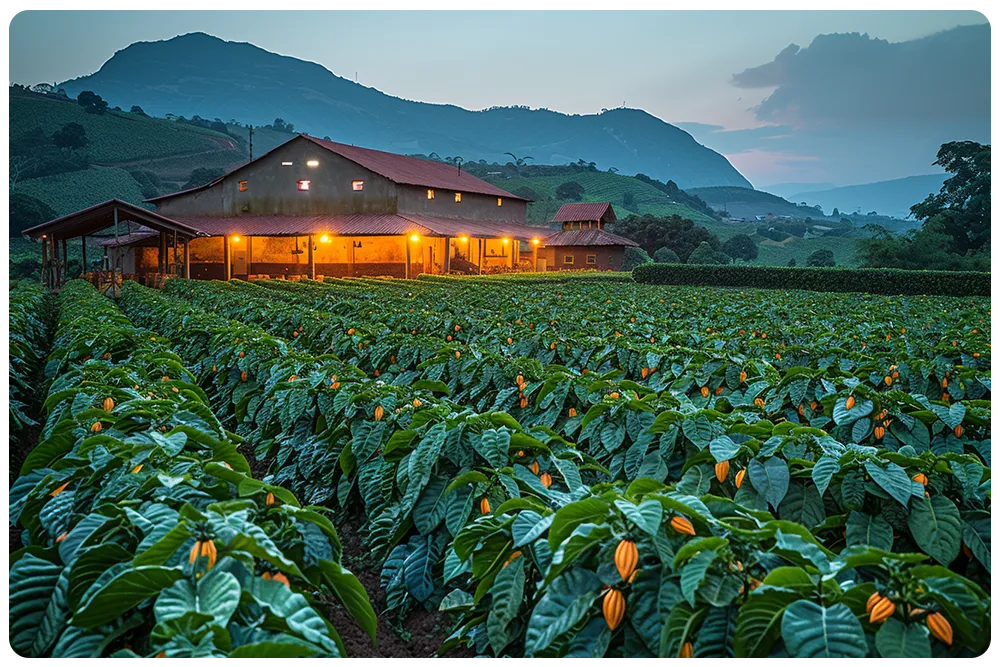

5. Assess contract length and renewal terms
Welcome to our comprehensive guide on how to choose the right provider for your agricultural drone needs. In this chapter, we focus on the important considerations of contract length and renewal terms. Our main aim is to ensure you secure the best possible deal while minimizing risks and unexpected costs associated with improper contract management.Understanding the Contract LengthWhen considering drone farming providers, one of the crucial parameters you should pay attention to is contract length. Going for a longer period might be tempting due to the potential for reduced costs; however, this can also tie you up in case of unsatisfactory service. Therefore, decide on an appropriate contract length that suits your business requirements and also allows room for flexibility.Assessing the Renewal TermsAnother major aspect to focus on in your contract is the renewal terms. Be careful to avoid automatic renewals without your explicit consent. Always examine the terms of renewal carefully, giving special emphasis to fee alterations, service changes, or any shifts that may affect your overall business model.Proactive Contract ManagementContract management is by no means a passive process. It demands active monitoring and periodic review to ensure your farming drone is meeting your agriculture needs appropriately. Regular evaluations can also help identify any areas that require attention or improvement.Key Takeaways
- Choose a contract length that complements your business model and allows for flexibility.
- Pay careful attention to renewal terms to avoid unexpected charges or changes in service.
- Adopt a proactive approach towards contract management to reap the best benefits from your drone farming provider.
6. Does the contract include insurance coverage
Insurance coverage in a drone farming contract: A quintessential aspect
Agricultural drones are revolutionizing farming methods, bringing about unprecedented changes in crop management, yield prediction, and disease monitoring. However, while this advanced technology has become an indispensable tool, it’s important to understand the subtleties of your drone farming provider contract.Key to this is understanding whether your contract includes insurance coverage, and if not, how to secure appropriate protection for your agricultural drone. For the uninitiated, an agricultural drone is an aerial vehicle that, equipped with cutting-edge tools and sensors, monitors and gathers vital information about your farm, offering invaluable assistance in effective farm management.What does insurance cover?
Before delving into the specifics of insurance, let us first examine its scope. Farm drone insurance typically covers:- Damage or loss of the drone itself
- Liability for damage to property
- Liability for bodily injury
- Business interruption coverage
Securing insurance under a contract
When it comes to securing insurance for an agricultural drone, the first thing to scrutinize is your farming provider contract. Does it include insurance explicitly? If so, find out the specifics: the scope, the limits, the exceptions, and the procedure for claims.In cases where the contract does not inherently offer insurance, it becomes necessary for you to purchase separate coverage from an insurance provider. Remember, the initial cost of an agricultural drone is substantial, and the cost of any potential repairs or replacements is equally hefty.Takeaway
Navigating through an agricultural drone contract can be challenging. However, ensuring your drone has appropriate insurance coverage is vital for securing your investment and the smooth implementation of this transformative technology. Always remember, the right provider and contract can be an excellent partner in leveraging drone technology successfully in your farming practices. So, understand, negotiate, secure, and fly high!
